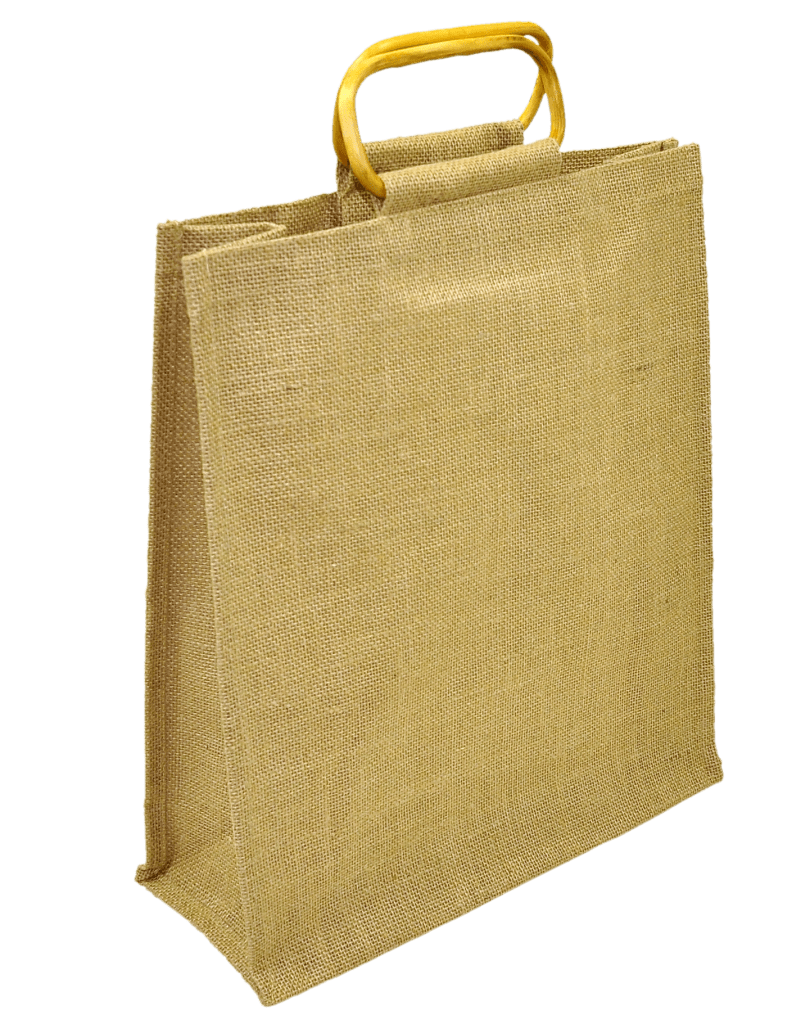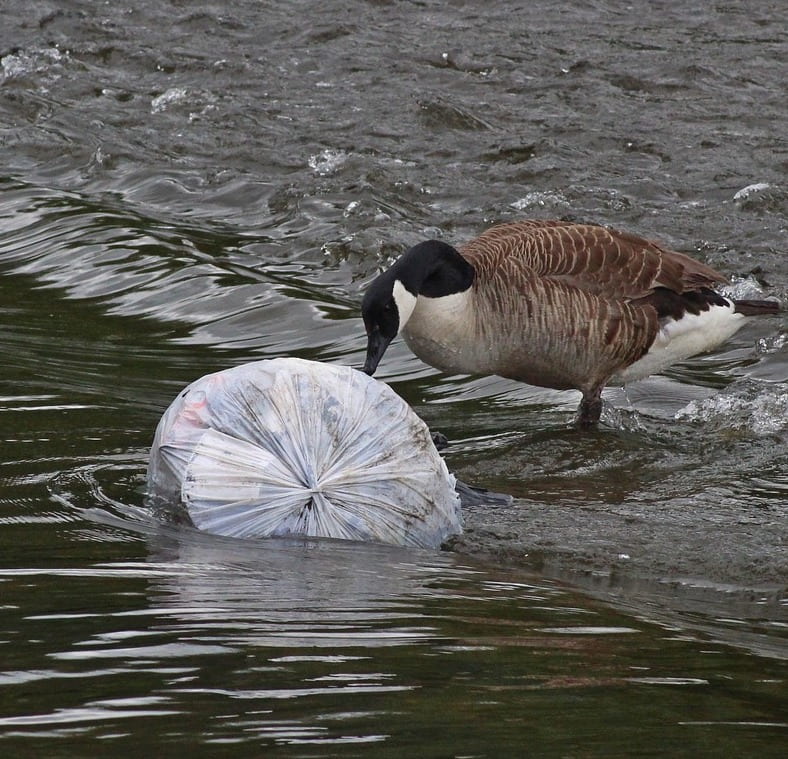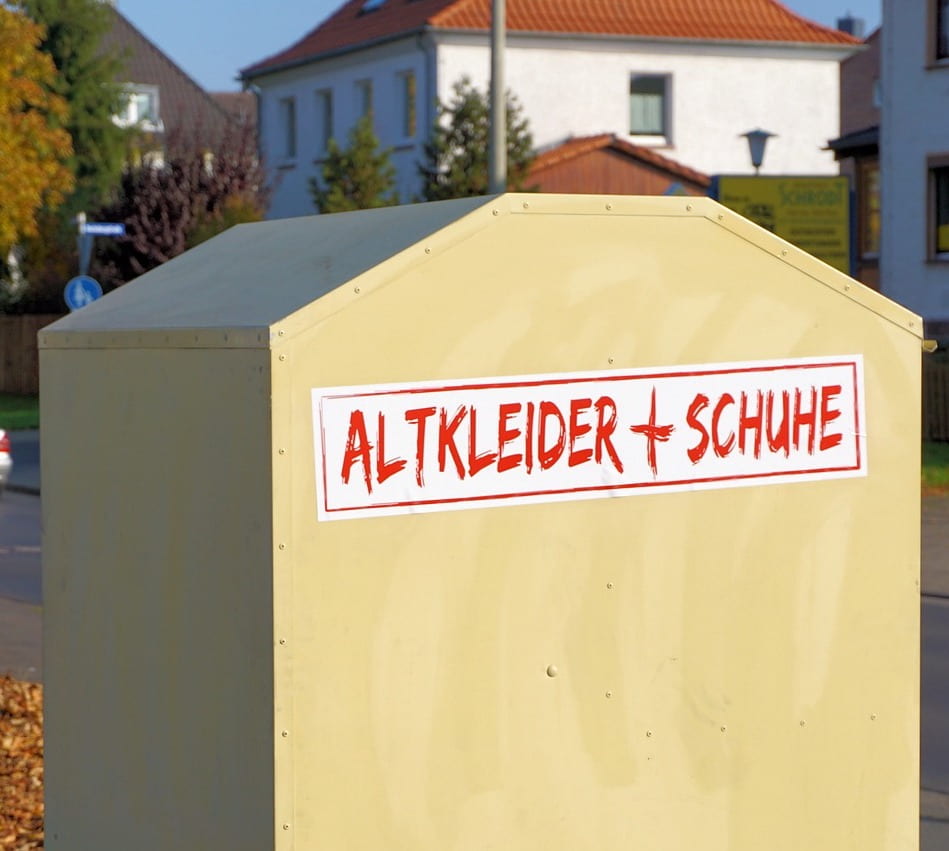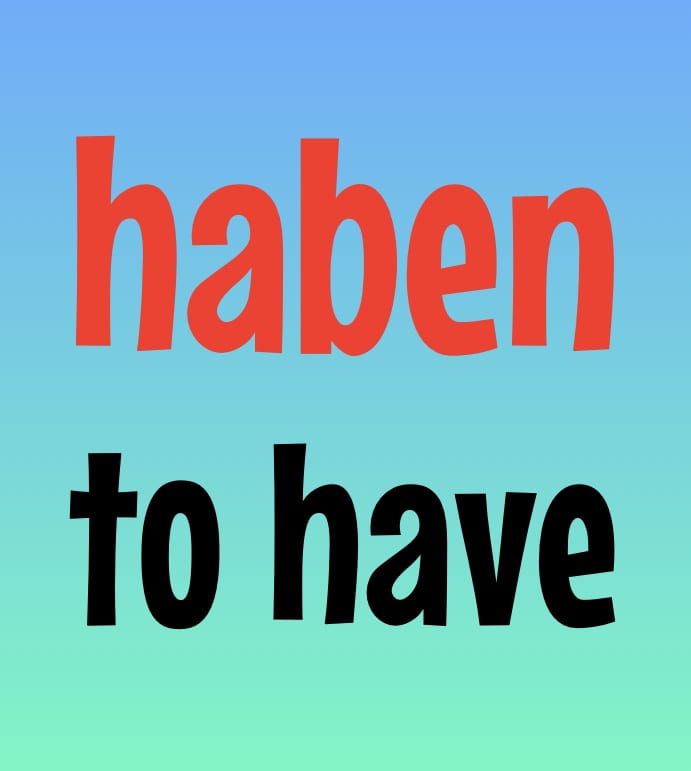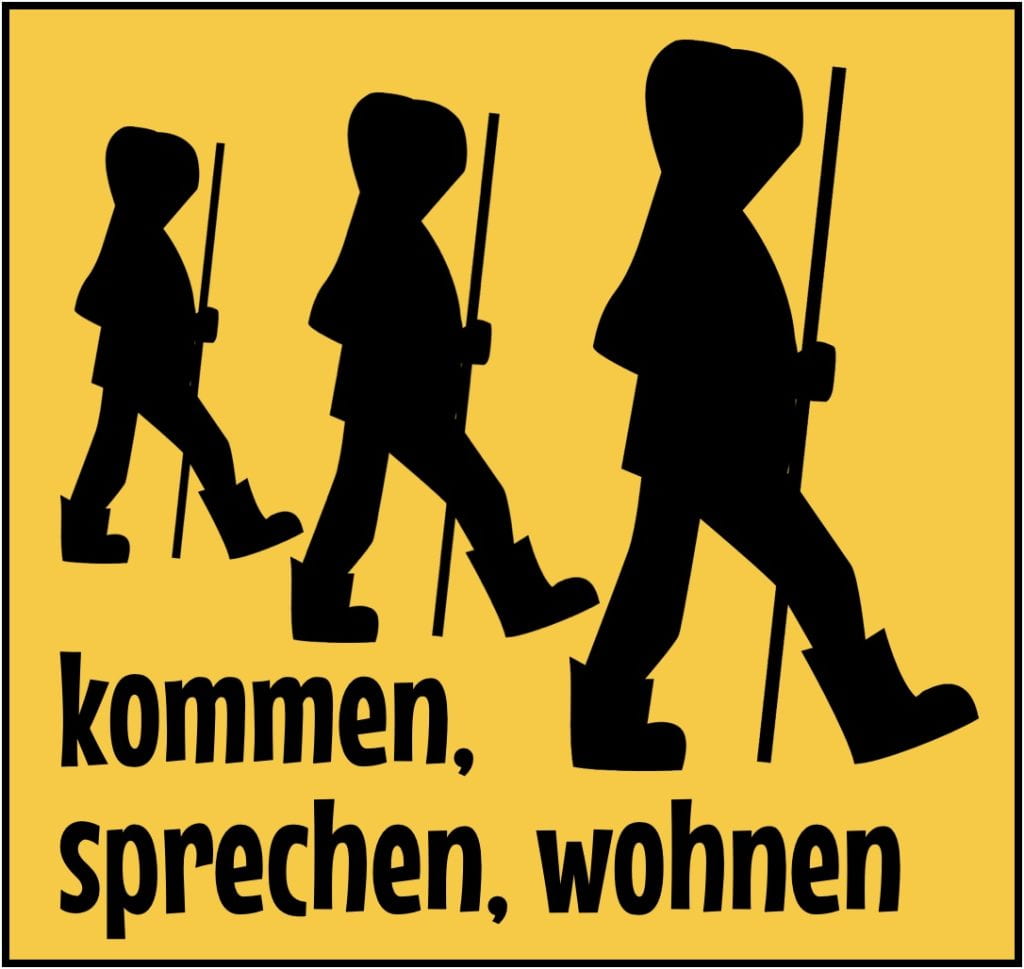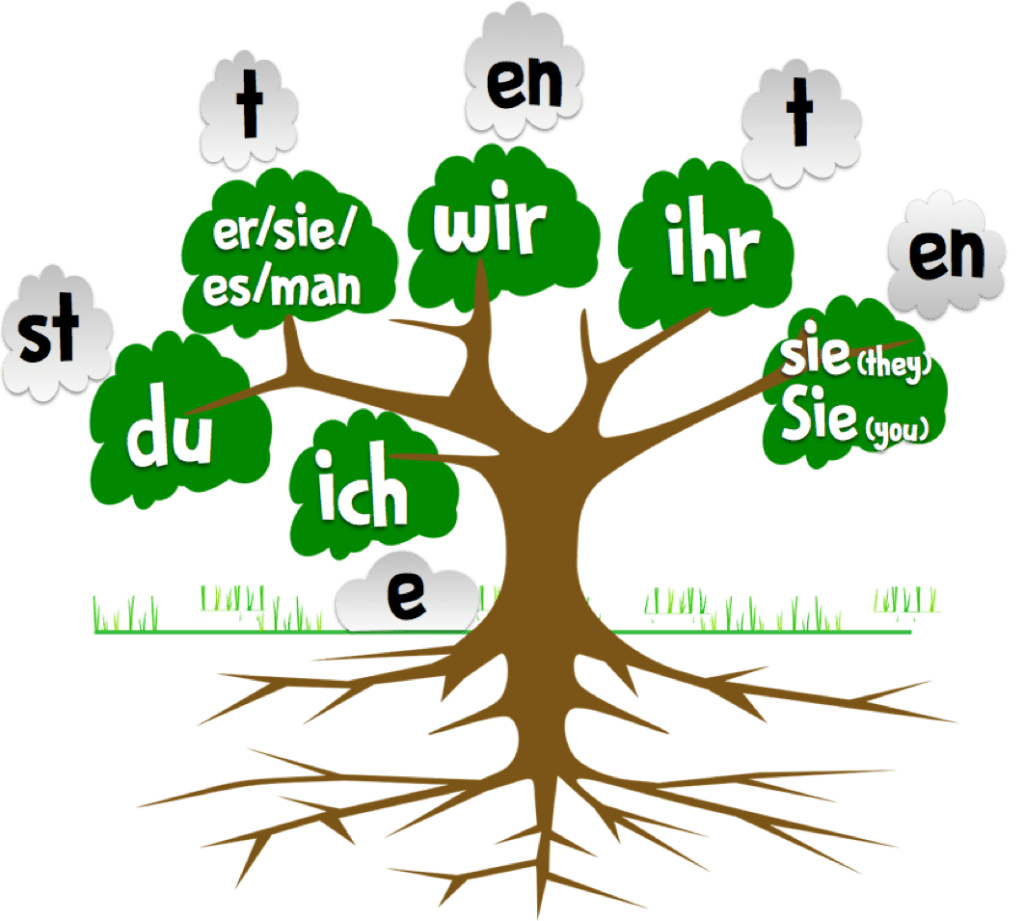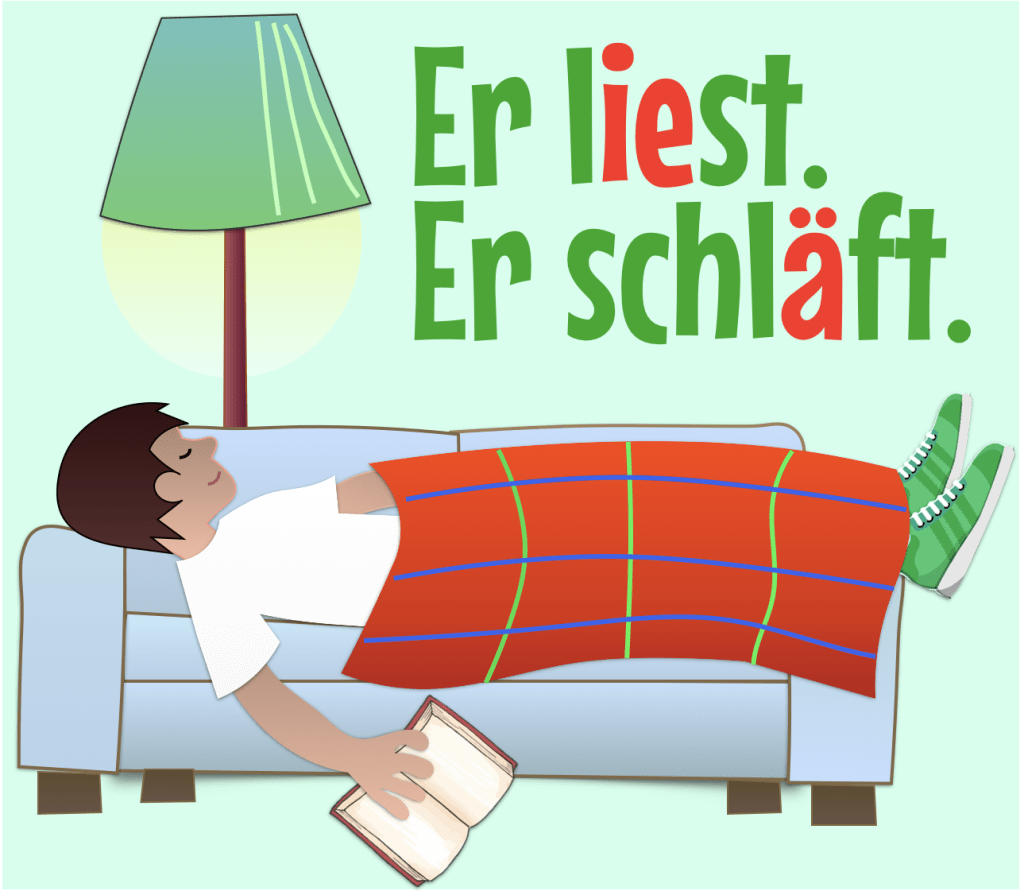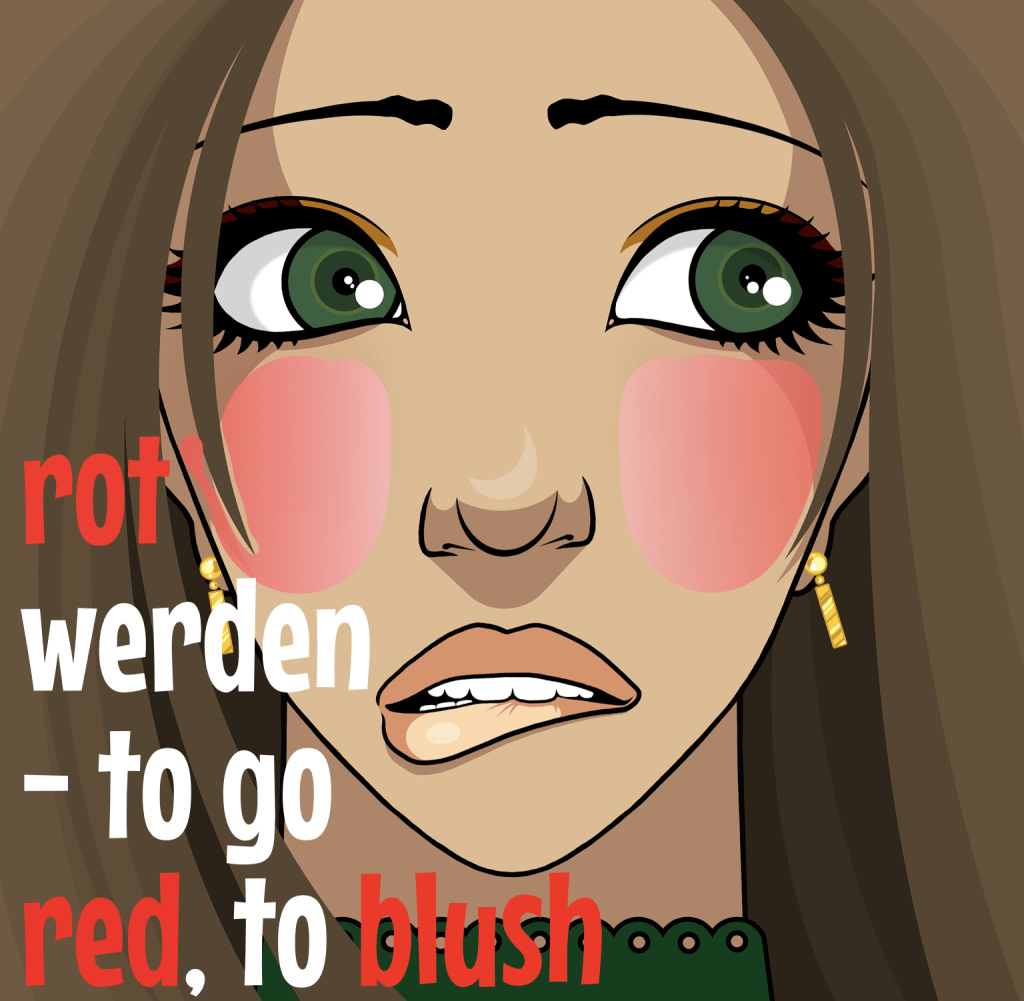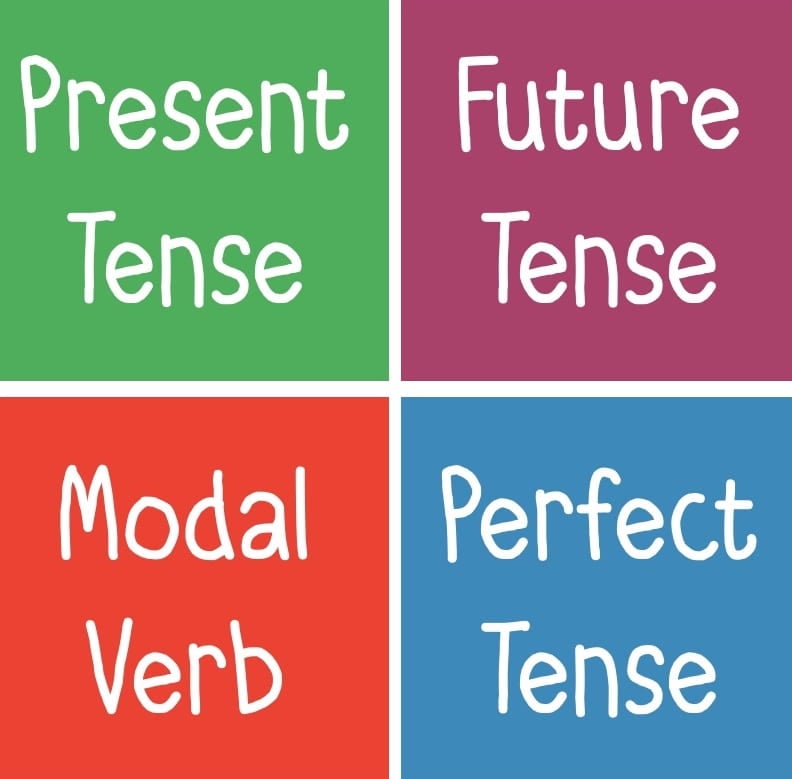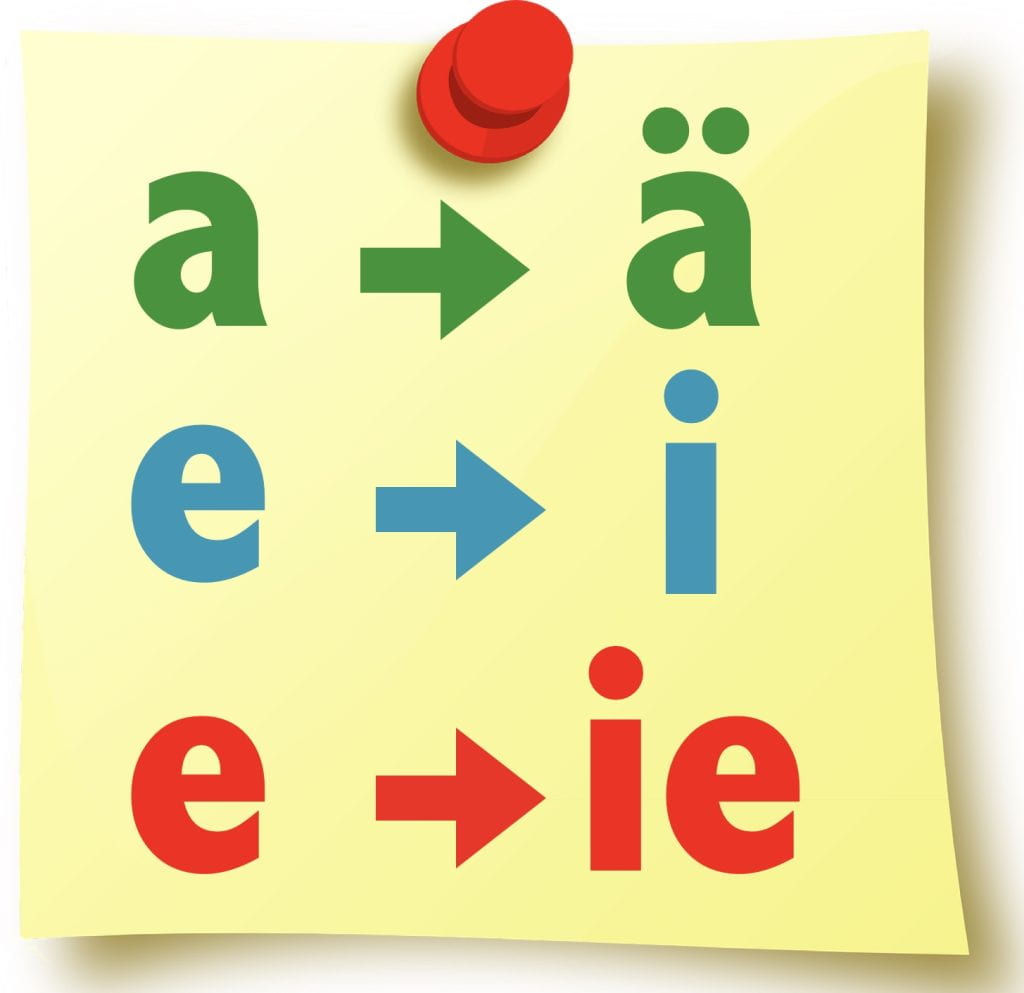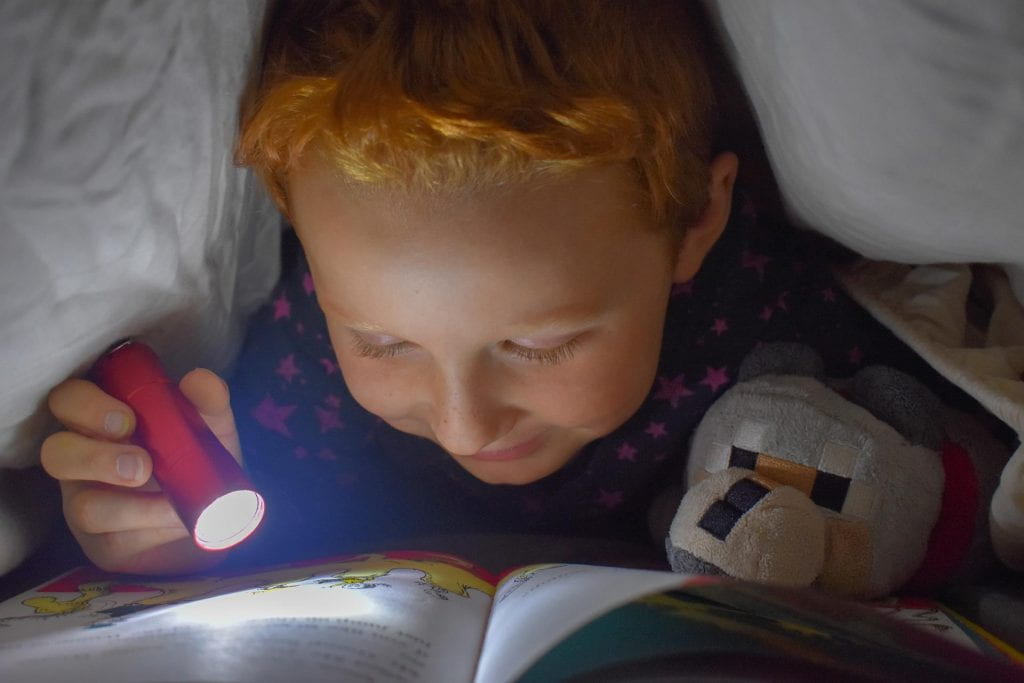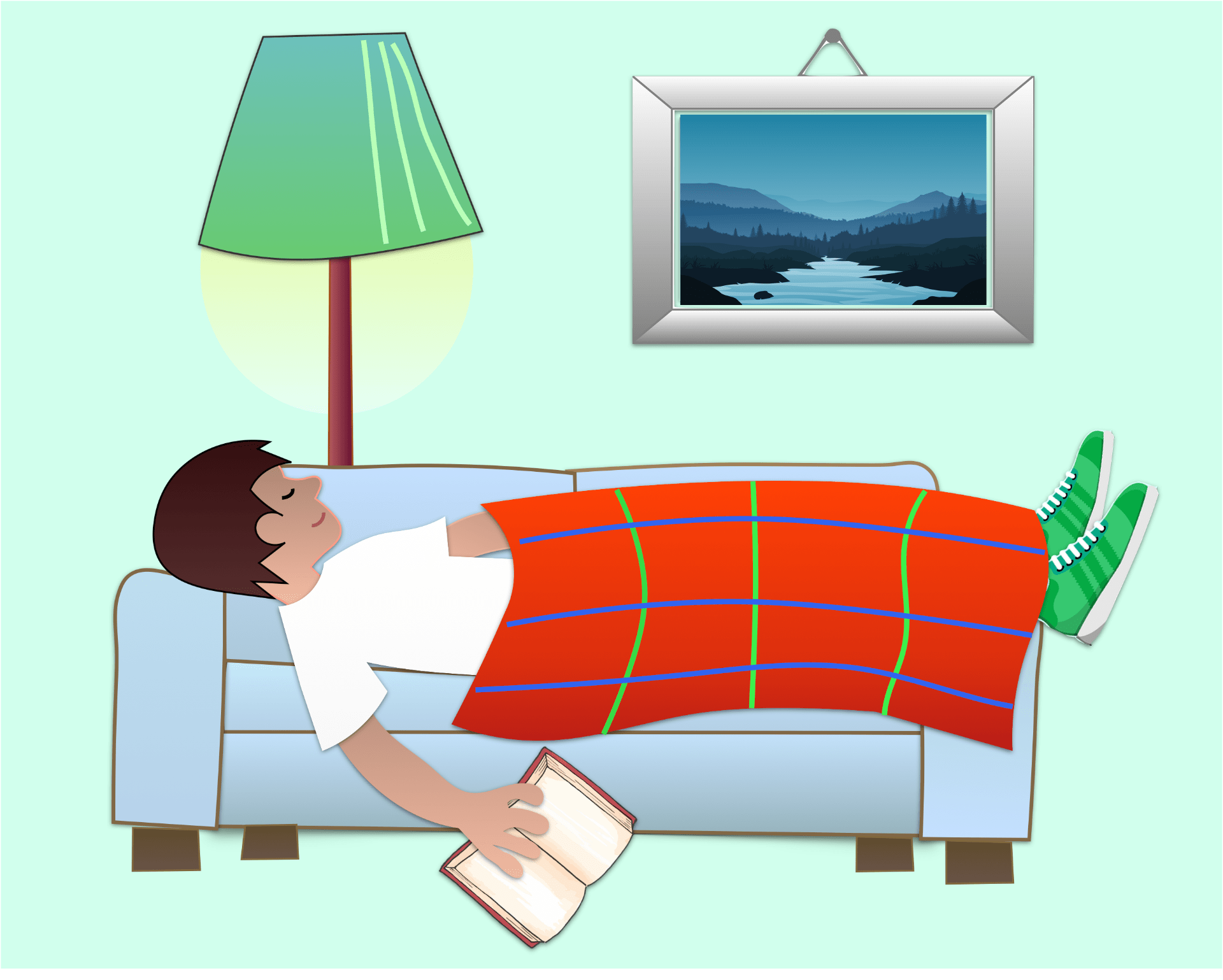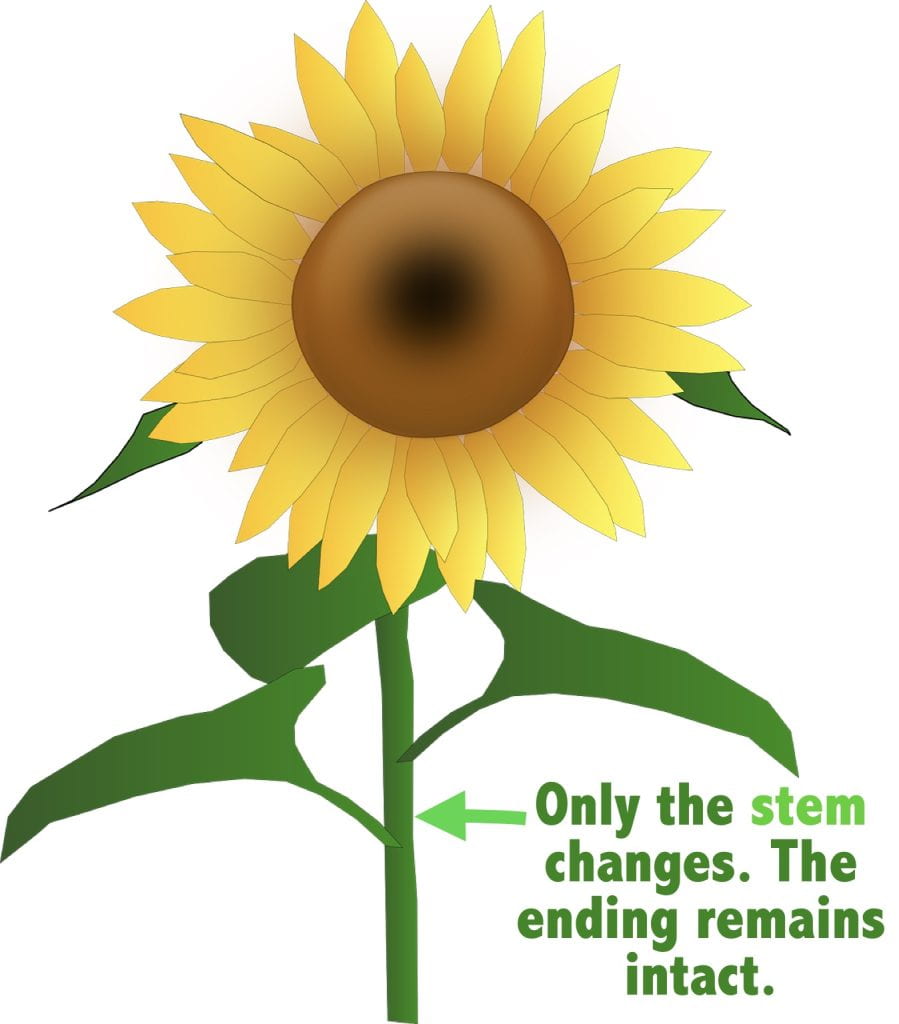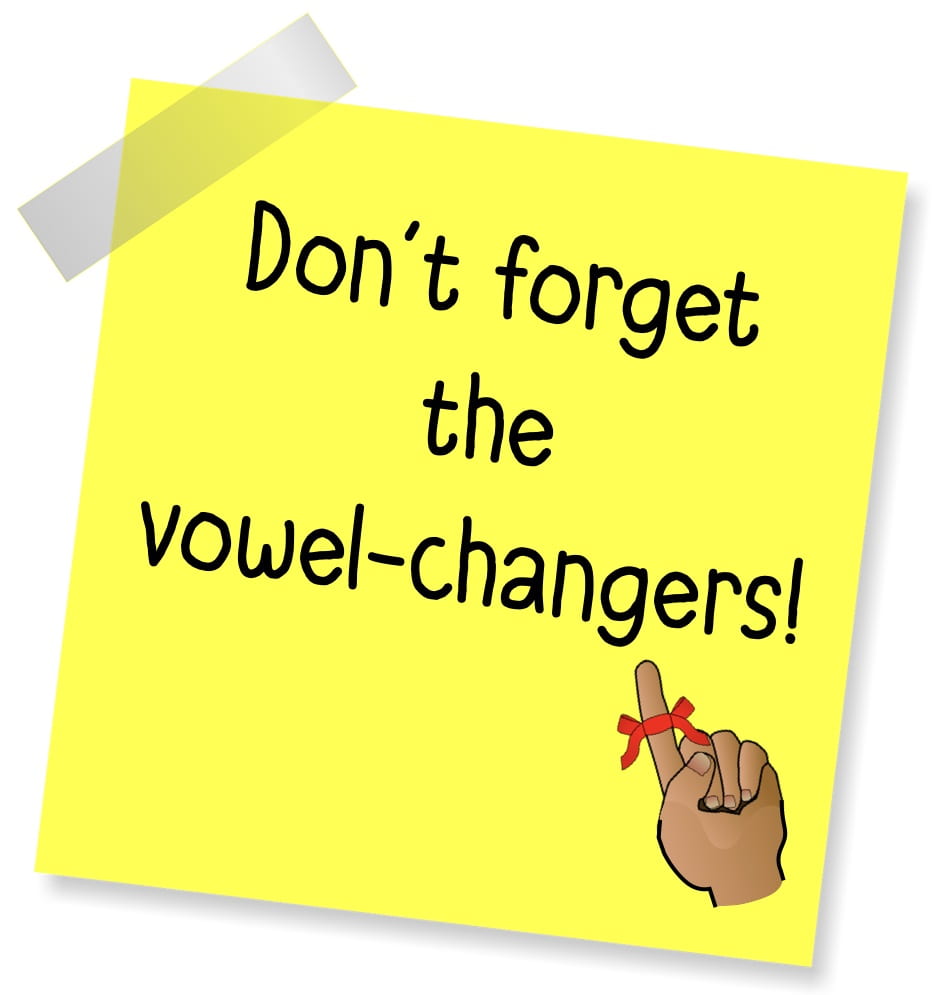Verbs for Discussing Environmental Issues 
This post was published by Roslyn Green in October 2022.
The Conjugated Verb as Sentence Anchor 
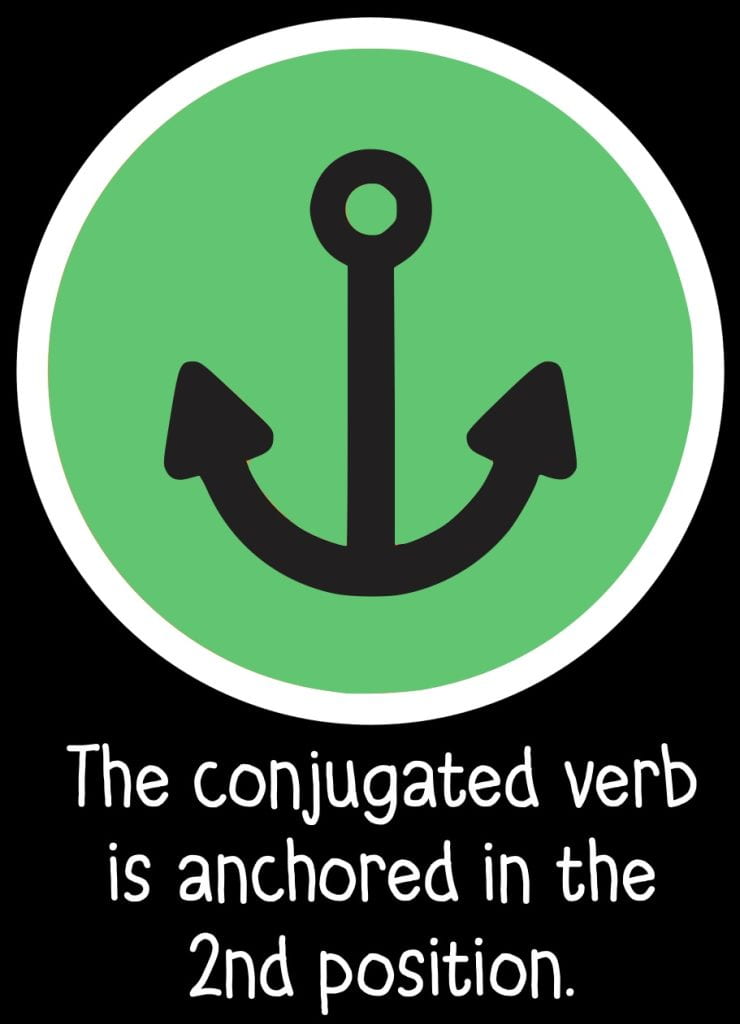
German word order is delightfully fluid. The only immovable part is the conjugated verb, which is reassuringly anchored in the second position. In the examples below, the conjugated verb is a modal verb. Other elements can move around, as illustrated by the floating subject, which is usually placed first or third. In sentences with modal verbs, the other verb in the infinitive form generally goes to the end.
Sentence Patterns 
Key: subject ♦ modal verb ♦ infinitive verb
- Wir müssen sofort handeln. [act, take action]
- Im Haushalt kann man den Müll leicht trennen. [separate, sort]
- Im Supermarkt können wir immer Stofftüten benutzen. [use]
- Bei uns zu Hause könnten wir sicher weniger heizen. [heat]
- Morgen musst du deine alten Kleider aussortieren. [sort out]
- Dann können wir sie zum Secondhandladen bringen. [take]
- Die Regierung sollte bedrohte Tierarten schützen. [protect]
- Wir müssen die Vielfalt der Natur für kommende Generationen bewahren. [preserve]
- Die Politiker sollten erneuerbare Energien fördern. [promote]
Bildlexikon: Verben A-Z 
It’s useful to focus on the verbs required to give advice and make suggestions about protecting the environment. Here’s a handy list.
das Licht ausmachen oder ausschalten – to turn out the light
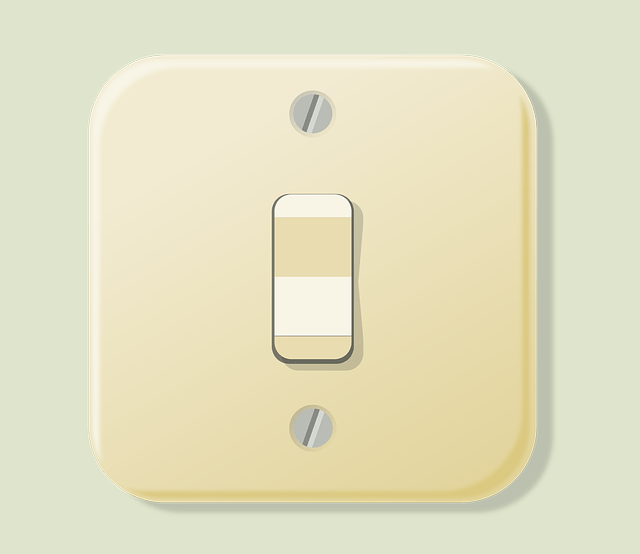
Image by OpenClipart-Vectors from Pixabay
erneuerbare Energien erzeugen – to generate renewable energies

Image by Markus Distelrath from Pixabay
zu Fuß gehen statt mit dem Auto fahren – to walk instead of drive

Image by Lorraine Cormier from Pixabay
andere Menschen inspirieren – to inspire other people

David Attenborough from John Cairns, CC BY 4.0, via Wikimedia Commons
umweltfreundliche Produkte kaufen – to buy environmentally friendly products

Image by rodgersm222 from Pixabay
einen Becher oder eine Trinkflasche mitbringen – to take a cup or water bottle with you

Image by Engin Akyurt from Pixabay
Papier und Karton recyceln – to recycle paper and cardboard

Image by Stefan Schweihofer from Pixabay
den CO2-Fußabdruck reduzieren – to reduce your carbon footprint

Image by mohamed Hassan from Pixabay
die Natur und die Umwelt respektieren – to respect nature and the environment

Image by homecare119 from Pixabay
Quizzes and Activities 
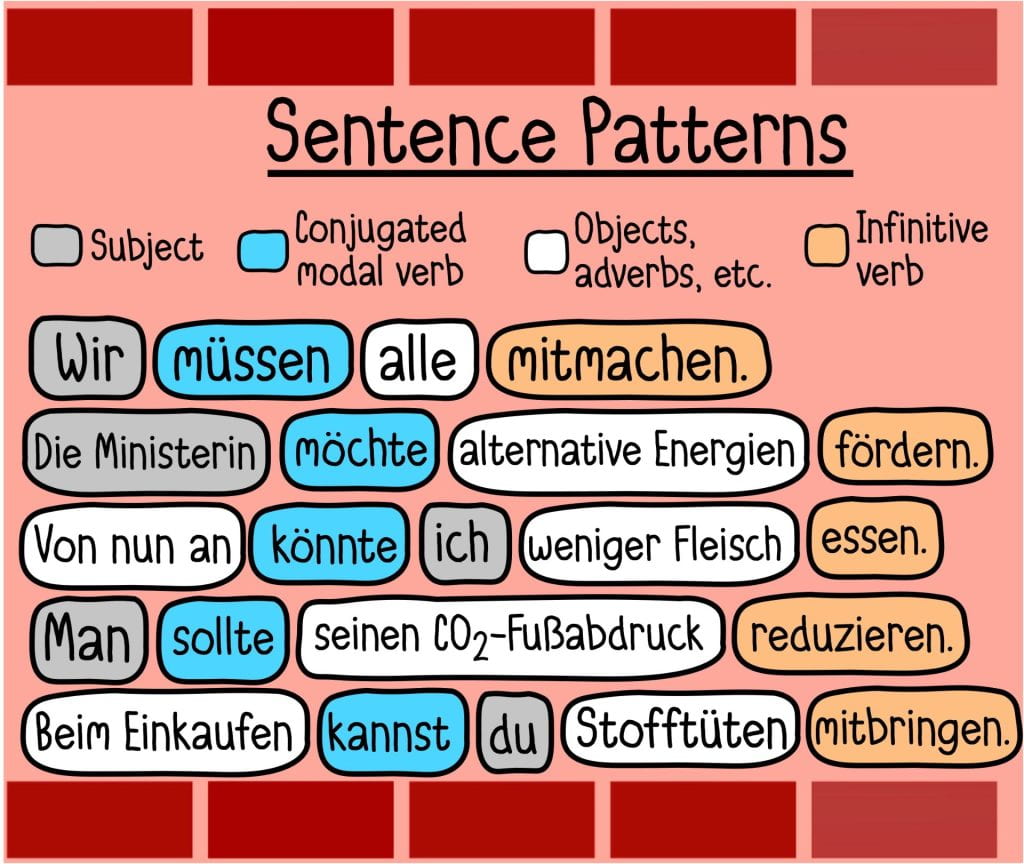
Quiz: Verbs for Discussing Environmental Issues
Practise using the verbs listed above, including in sentences with modal verbs.
Become more and more familiar with the pattern shown on the left.
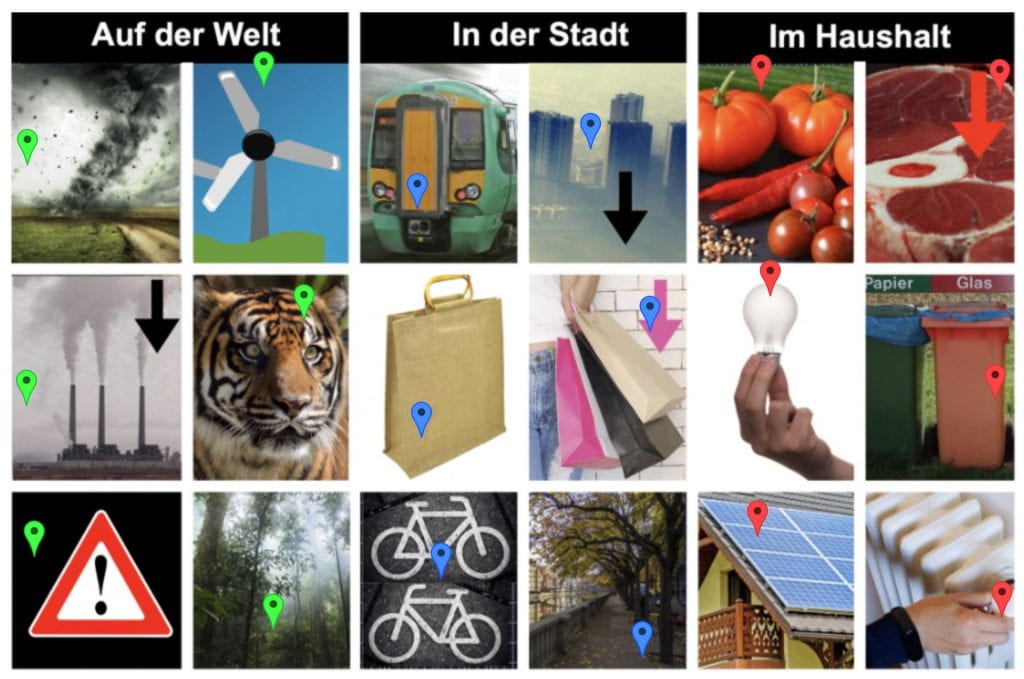
Match Pins and Labels: Umweltschutz: Haushalt, Stadt, Welt | Protecting the Environment: Household, City, World 
This quiz is quite difficult even though it is full of pictures. Click on the  for translations of all the phrasing. Each picture must be matched with a phrase about taking environmentally friendly action.
for translations of all the phrasing. Each picture must be matched with a phrase about taking environmentally friendly action.

Kahoot: Die Umwelt 
Players are asked to choose between options that are friendly to the environment and actions that might lead to harm. The vocabulary includes the wording summarised on this page, some modal verbs, and the use of denn to give explanations.
